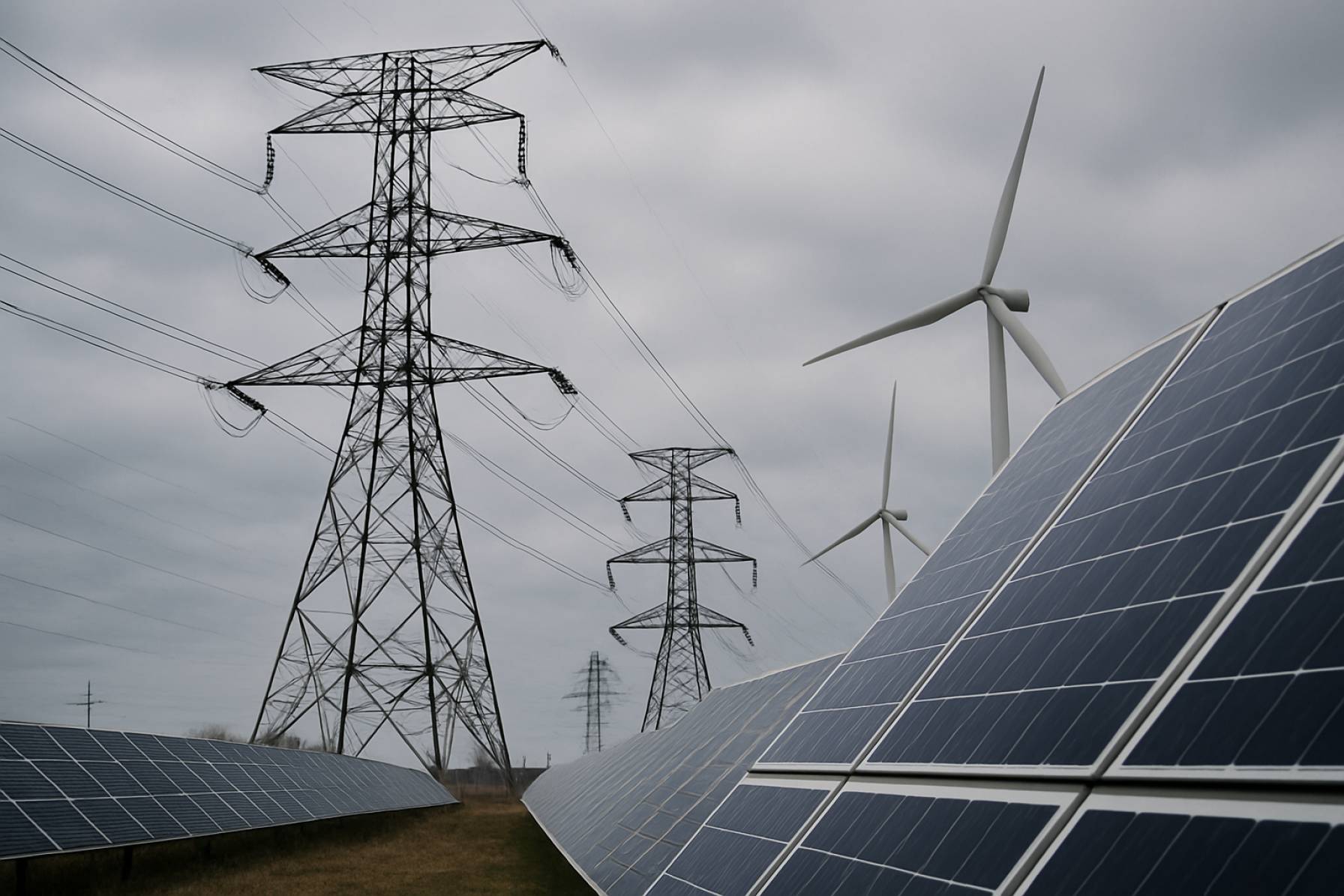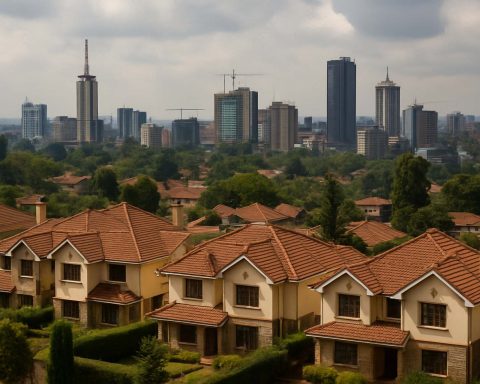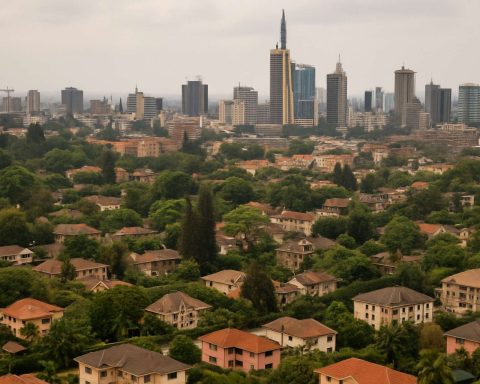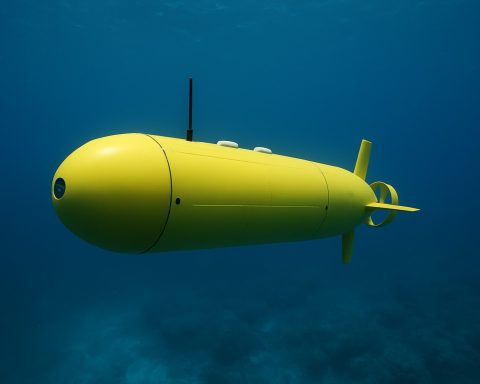Can Michigan’s Power Grid Survive 2025? New Warnings Raise Alarm Over Energy Availability and Bills
Michigan’s grid faces record-high risks as lawmakers clash over green mandates, plant closures, and your energy costs.
- #1: Highest-Risk Energy Grid — Michigan’s grid is ranked the least reliable in America (NERC, 2024 report).
- 90-Day Reprieve — J.H. Campbell coal plant closure paused, delaying potential blackouts.
- New Renewable Mandates — State laws target stricter green benchmarks by 2035.
- Upcoming Tech — Bills propose tax credits and grants for nuclear and hydrogen projects.
Michigan stands at a critical energy crossroads this year, as state officials and federal agencies square off over the future of its strained power grid. With aggressive new green mandates on the table, some experts warn that the rush toward renewables could leave homes, families, and businesses in the dark.
A recent order from U.S. Energy Secretary Chris Wright put the brakes on shuttering the J.H. Campbell coal-fired power plant in West Michigan—one of the state’s lynchpins for electricity—allowing it to remain online for 90 more days. The pause may avert immediate blackouts, but it highlights just how fragile Michigan’s energy system has become.
—
Q: Why Is Michigan’s Grid in the National Spotlight?
Michigan’s power grid now tops the national risk charts. According to the North American Electric Reliability Corporation (NERC), the state’s system operator has been called the least reliable in the country—making Michigan a cautionary tale as energy policies shift nationwide.
Lawmakers, including State Rep. Matthew Bierlein, argue that political pushes for “green-only” solutions threaten to outpace grid readiness, with residents and local businesses paying the price through disruptions and soaring utility bills.
—
How Are Green Mandates Affecting Reliability?
Michigan’s new renewable energy mandates set eye-popping targets for clean power by 2035. However, experts caution that yanking reliable energy sources like coal offline without backup plans risks major power shortages and rolling blackouts.
The state’s previous legislation also moved siting authority for big wind and solar projects away from local communities, handing it to the unelected Michigan Public Service Commission. Community leaders and officials are pushing back, demanding a return of local control to better balance energy goals with real-world impacts.
—
Q: What’s Being Done for a Safer Energy Future?
In the state Legislature, a new wave of bills is brewing. Proposals include:
- Tax incentives for researching small modular nuclear reactors
- Grants for hydrogen energy innovation, aiming to expand Michigan’s options
- Plans to restore local authority over renewable project approvals
These measures aim to strengthen the grid while investing in next-gen technologies—ensuring Michigan doesn’t gamble reliability for politics.
—
How Can Residents and Businesses Prepare?
As the power industry faces a shakeup, Michigan residents and business owners should:
- Monitor local and state energy policies
- Invest in home energy resilience (backup generators, solar, or storage)
- Voice opinions at community meetings and legislative hearings
- Stay informed via trusted sources such as energy.gov or misoenergy.org
—
Take Charge: Protect Michigan’s Energy Future
- ✔️ Demand transparency in energy policy decisions
- ✔️ Advocate for energy diversity and reliability—don’t settle for empty promises
- ✔️ Get involved: Attend public meetings, contact lawmakers, stay updated on grid risks
- ✔️ Prepare your home or business for outages and rate changes
Michigan’s energy future is on the line. Take action—your wallet and winter comfort could depend on it.









